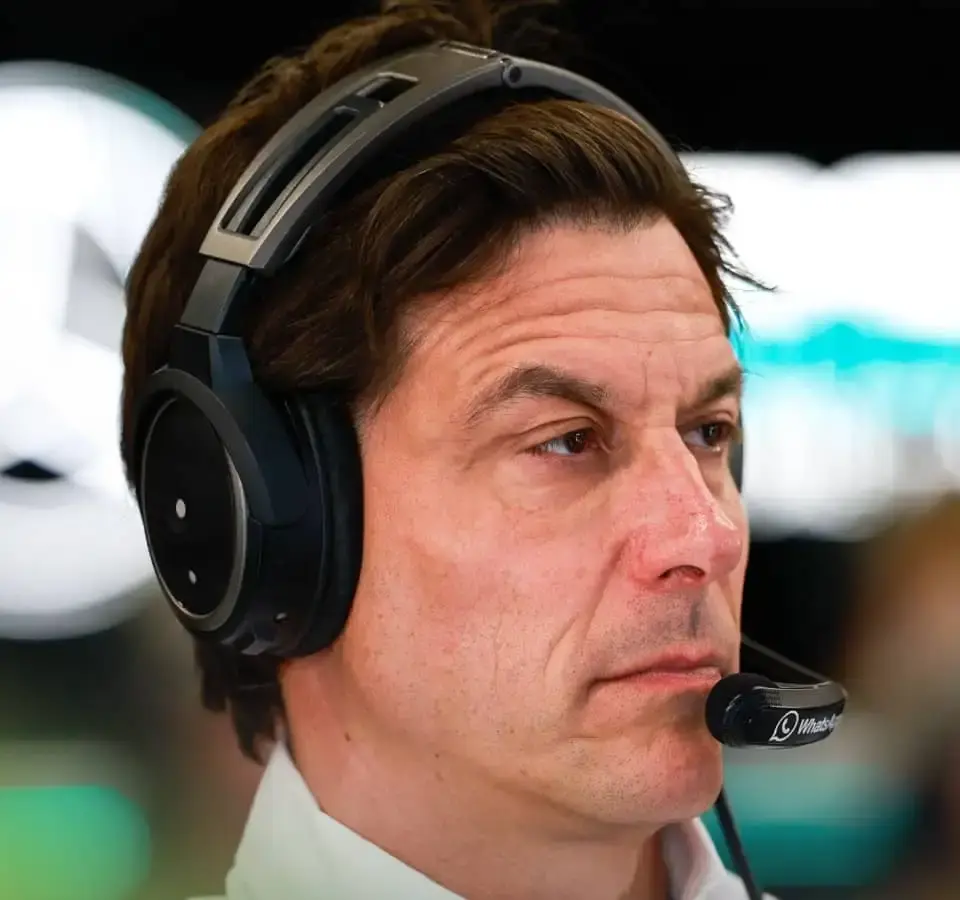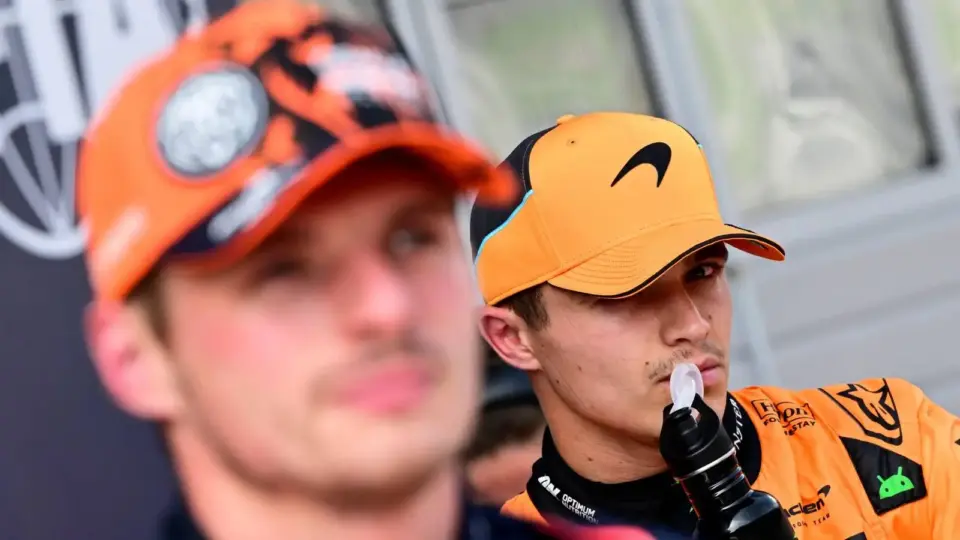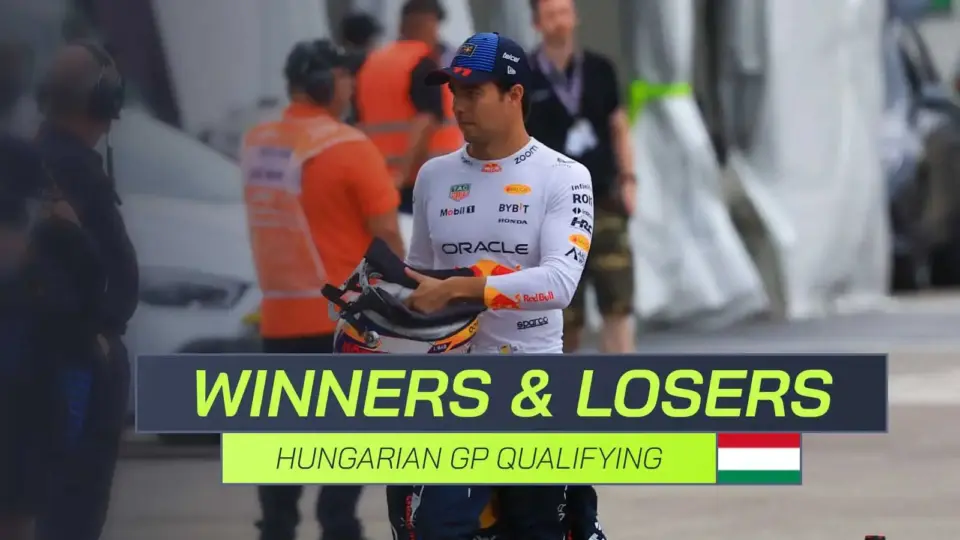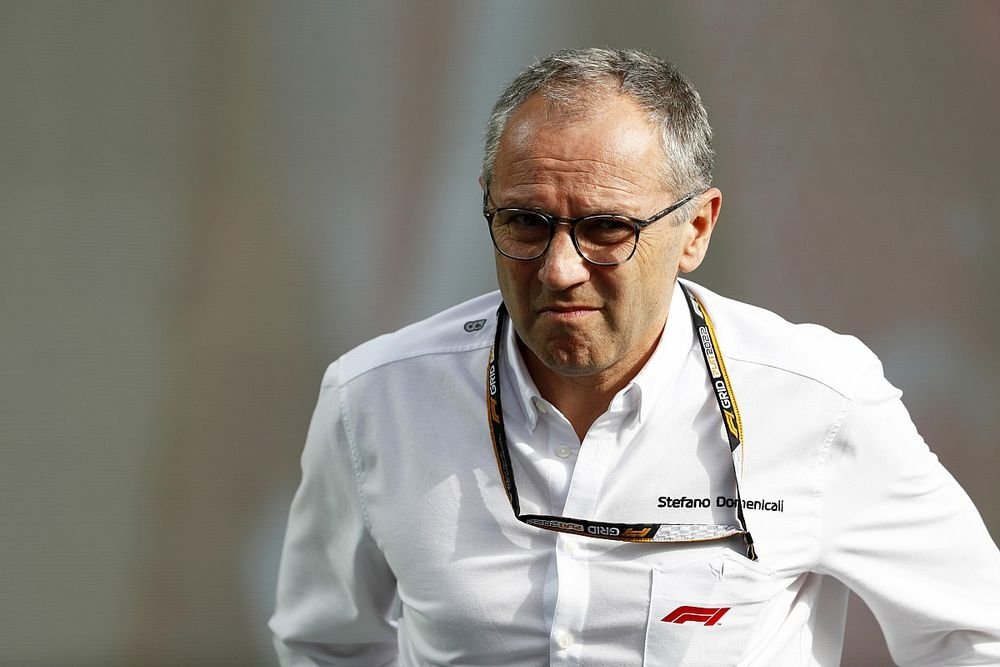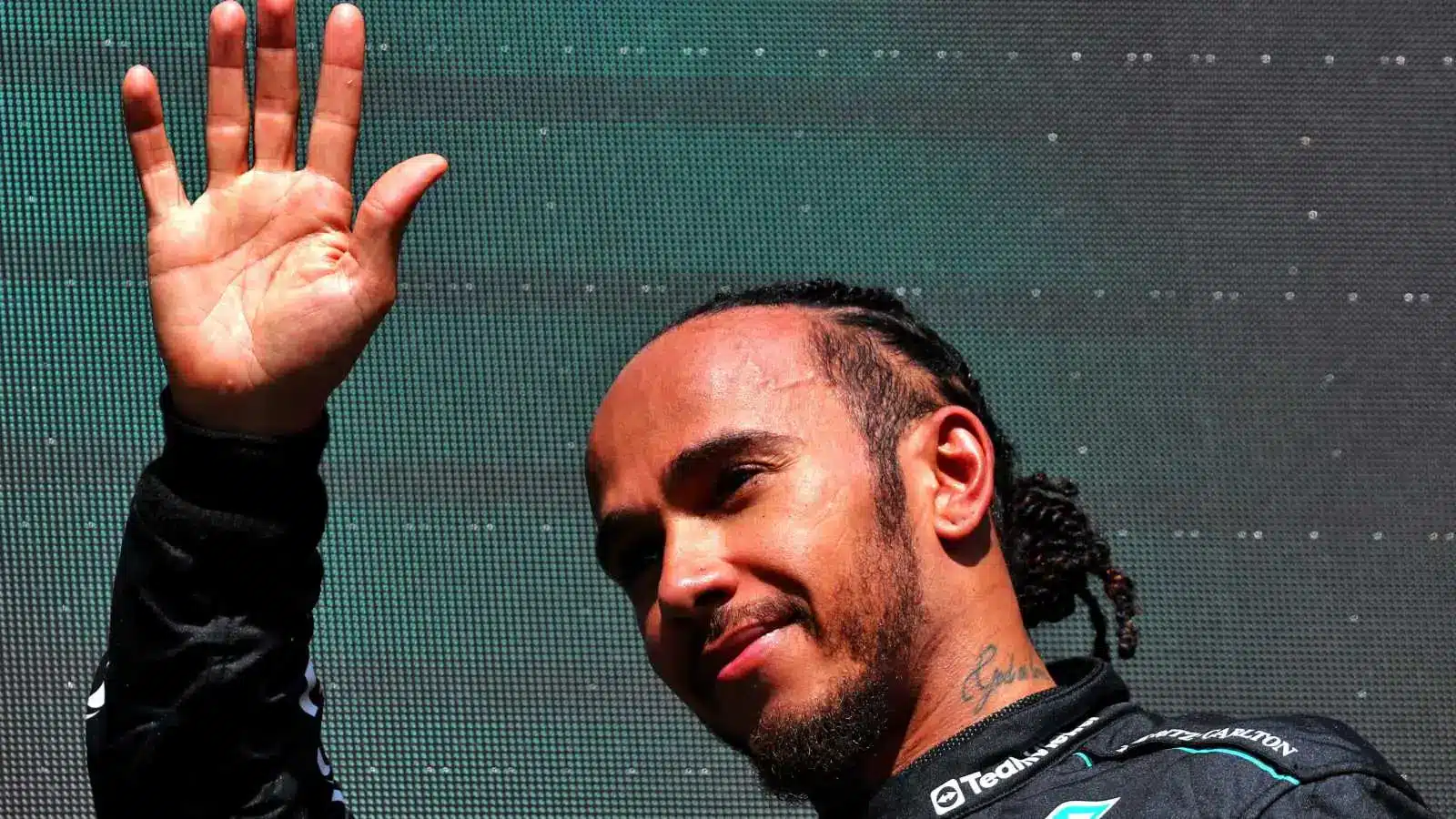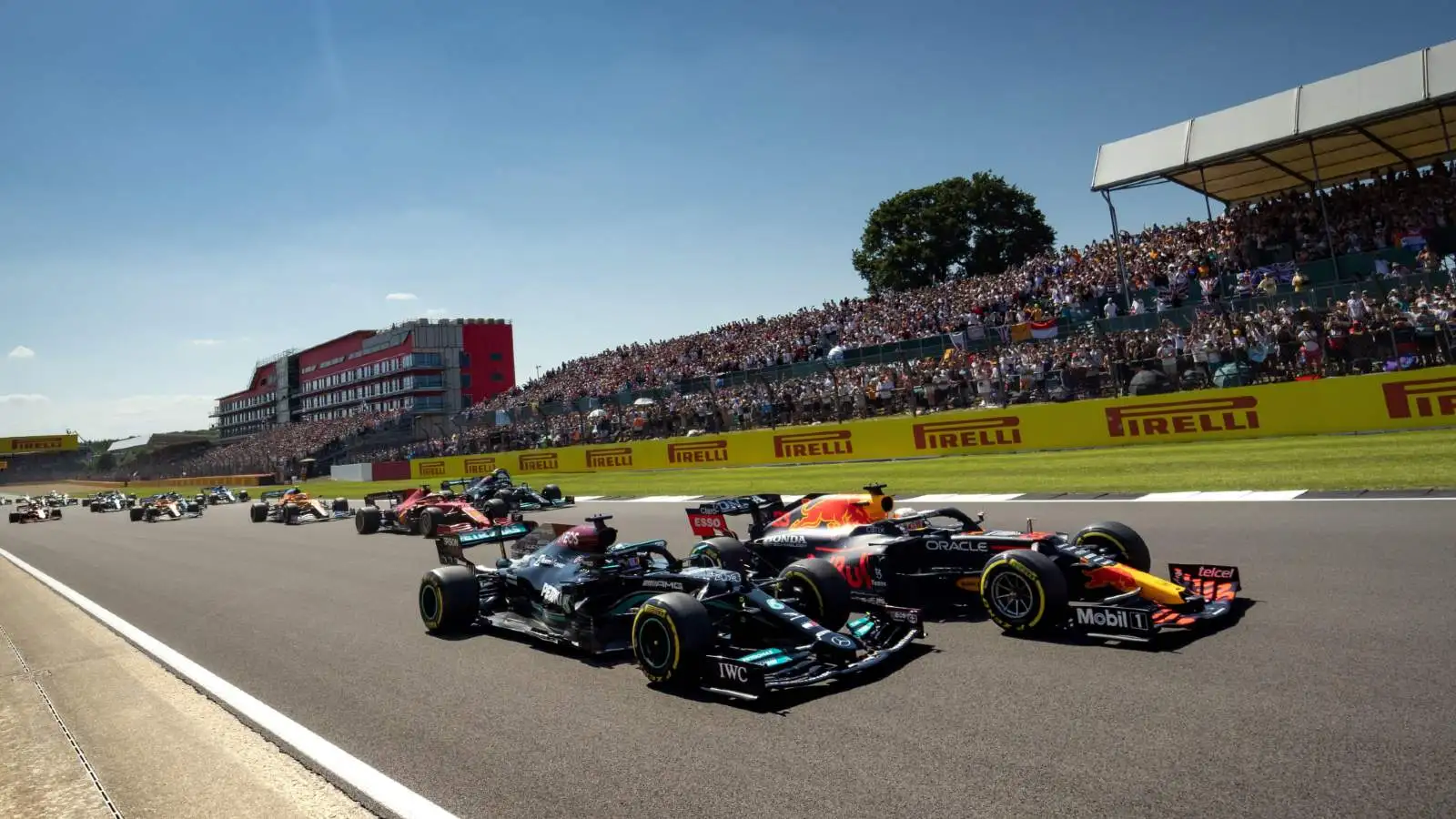In a day that left many racing fans stunned, Mercedes’ performance during the Hungarian Grand Prix qualifying round fell dramatically short, much to the dismay of team principal Toto Wolff.
The qualifying session was marred by light rain, creating treacherous and unpredictable conditions on the track. George Russell, who had previously secured pole position at Silverstone, found himself struggling and was eliminated in Q1 in Hungary. Meanwhile, Lewis Hamilton managed to reach Q3, securing a P5 grid spot. However, any suggestion of this being a decent outcome for Mercedes was quickly dismissed by Wolff.
Firm in his criticism, Wolff described the event as a ‘total underperformance from literally everybody involved.’ He emphasized that losing a car in Q1 was unacceptable, citing a failure by both the driver and the team. ‘We just didn’t have the pace. So very, very disappointing day,’ he added candidly.
The blame for Russell’s early exit involved a mix of conflicting radio messages and strategy errors. Initially criticizing himself, Russell then pointed fingers at the team for not fueling his car adequately. Wolff acknowledged a shared responsibility, attributing ’70 percent of the blame’ to the team, yet making it clear that Russell also bore some culpability. ‘Well, I think he should have had the first lap in where Lewis went P1,’ Wolff explained. While the error was partially team-related due to a miscalculation in fueling, Russell’s decision to deviate from the run plan added to the woes.
As for Hamilton, his attempt to close the gap with McLaren’s Lando Norris was thwarted by difficulties in optimizing the tyre temperatures, a critical factor for traction on the slick track. Wolff mentioned that the car could have been closer, ‘probably two-tenths off,’ but unstable tyre temperatures made it challenging to provide Hamilton with the grip needed. This struggle ultimately positioned McLaren in a commanding position on the front row, placing Norris and his team in prime spots to challenge for the win, with Red Bull’s Max Verstappen behind them in P3.
In the aftermath, the Hungarian GP qualifying results signified not just a disadvantage in terms of placement but an introspection point for Mercedes, as both strategy and execution came under scrutiny. Wolff’s criticism underscores the high standards expected in Formula 1 and the unforgiving nature of the sport where a single oversight can lead to a significant competitive setback.
Toto Wolff’s open criticism of Mercedes after the Hungarian GP qualifying reflects the intense pressure and high expectations in Formula 1. As the team analyzes what went wrong, the focus will surely be on understanding and correcting these issues to avoid similar outcomes in the future.
